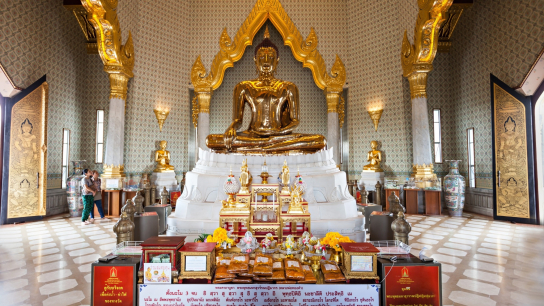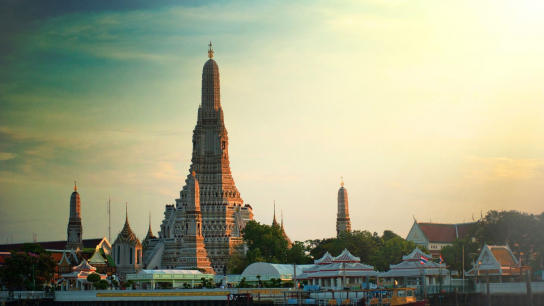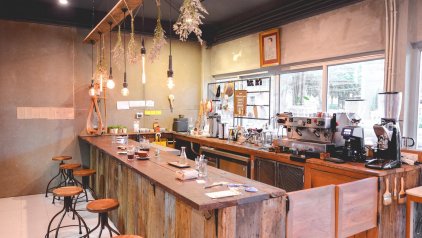Everything you should know about Baht Thai
Thai currency system is not complicated but before travelling to Thailand, you need to know some basics about Baht Thai.
Travelling to any country, local currency is one of the first things you must know to manage your expenses. If you are about to visit Thailand, acknowledge Baht – the official Thai currency. Therefore, there will be no confusing purchasing things in Thailand.
1. History of Thai Baht
Before the use of the country’s official currency, Thailand people used shells, baked clay coins and pot duang as the exchange products. The first paper money Mai was introduced in 1853 – the reign of King Mongkut. The introduction of the new money was due to an increase in the demand for foreign trade. People still used pot duang as their exchange method instead of using the new currency.
It was not only the early 1870s (the reign of King Chulalongkorn – Att Kadrat) that another currency was introduced and used widely. This paper money was called Ngoen Kradat Luang.
In 1902, the official currency of Thailand, Baht, was introduced, together with the introduction of the Thai Department of Technology under the Ministry of Finance. For more than a century, Baht has been the official currency of Thailand.
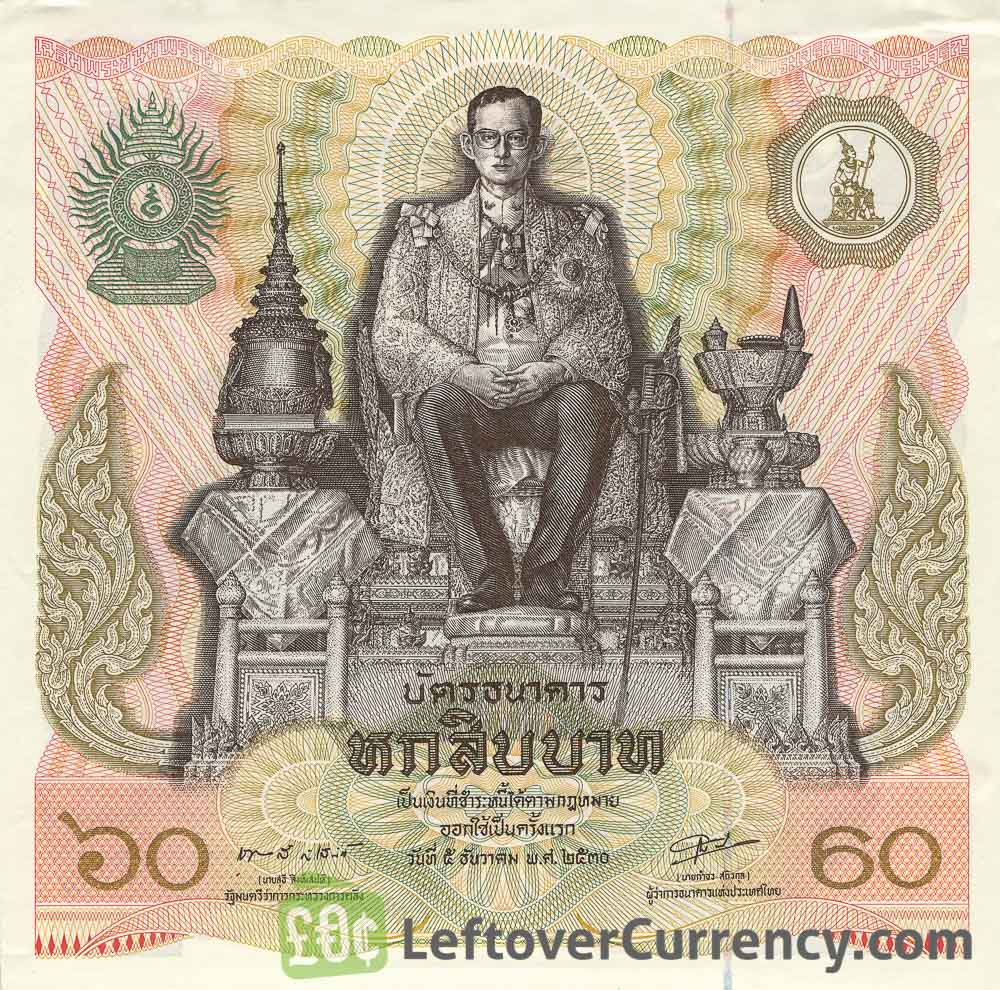
For more than a century, Baht has been the official currency of Thailand
2. Value of Thai Baht
Before getting your luggage and going to Thailand, you must know about the Thai currency because once you come here, you will have to use it in most cases.
Coins and notes
According to the official currency system of Thailand, one Baht is equivalent to 100 Satangs. The currency notes, including 20, 50, 100, 500 and 1000 Bahts, are issued by the Bank of Thailand. The coins used include 1, 2, 5, 10 Bahts and 50, 25 Satangs.
Exchange rates
You need to exchange your currency into Thai Baht because most of the transactions you might make in this country will mainly use Baht currency. Just in a few places, for instance, an international fashion outlet, the currency like the dollar, euro, is used. So to make it easier for buying things, exchanging your money into Thai Baht is necessary.
The exchange rate of some currencies into Thai Baht at the moment (in May 2020):
1 USD = 32.6347 Thai Baht
1EUR = 35.7671 Thai Baht
1 GBP = 41.0873 Thai Baht
1 IDR = 0.429291 Thai Baht
1 AUD = 20.9026 Thai Baht
Besides, if you plan to stay in Thailand for long, you should exchange large value notes instead of waiting to spend all the first amount then exchange another amount. The reason is that exchanging a larger amount will you better deal than exchanging a small amount. In addition, it is recommended to exchange your currency into Thai Baht after getting to Thai because you can save an amount of money if doing so. Normally, it is more expensive to exchange money in the country of origin.
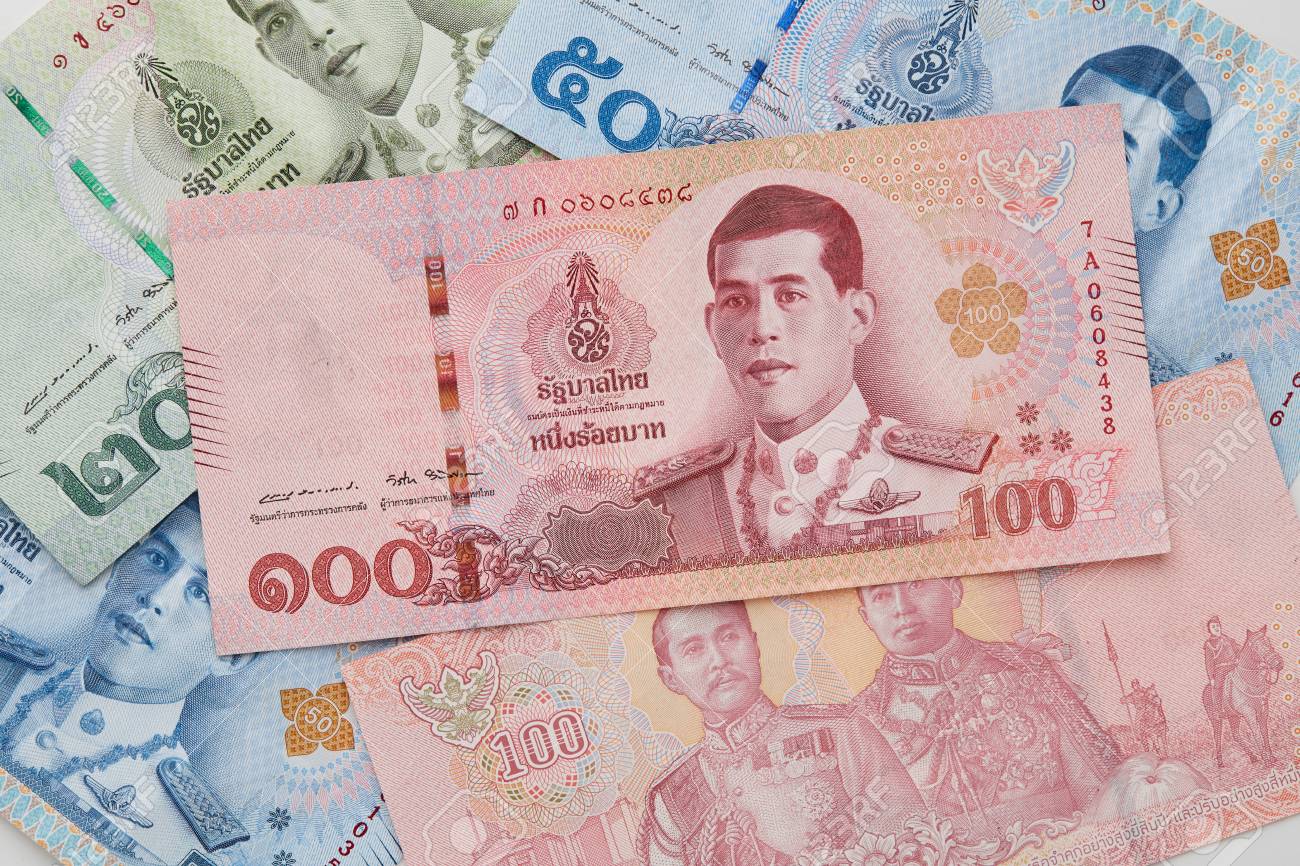
If you plan to stay in Thailand for long, you should exchange large value notes instead of waiting to spend all the first amount then exchange another amount
3. How to get Thai Baht?
If you decide to exchange the money in your country, go to a bank in your region. Banks are likely to offer currency exchange service with the lowest fee. Another option is to have your cash exchanged in airport currency exchange counters. Normally, they offer better rates than a currency exchange counter in the city centre.
Besides, you have another choice of withdrawing money from ATMs. This will have an additional fee as you withdraw money by a foreign ATM card. The fee is typically 150 THB for each withdrawal. Using traveller’s cheques is another option. The rate is quite low to attract tourists; however, for every transaction with a traveller’s cheque, you have to pay a fee of 30 THB. So, it is suggested to use this for large transaction values to save the fee.
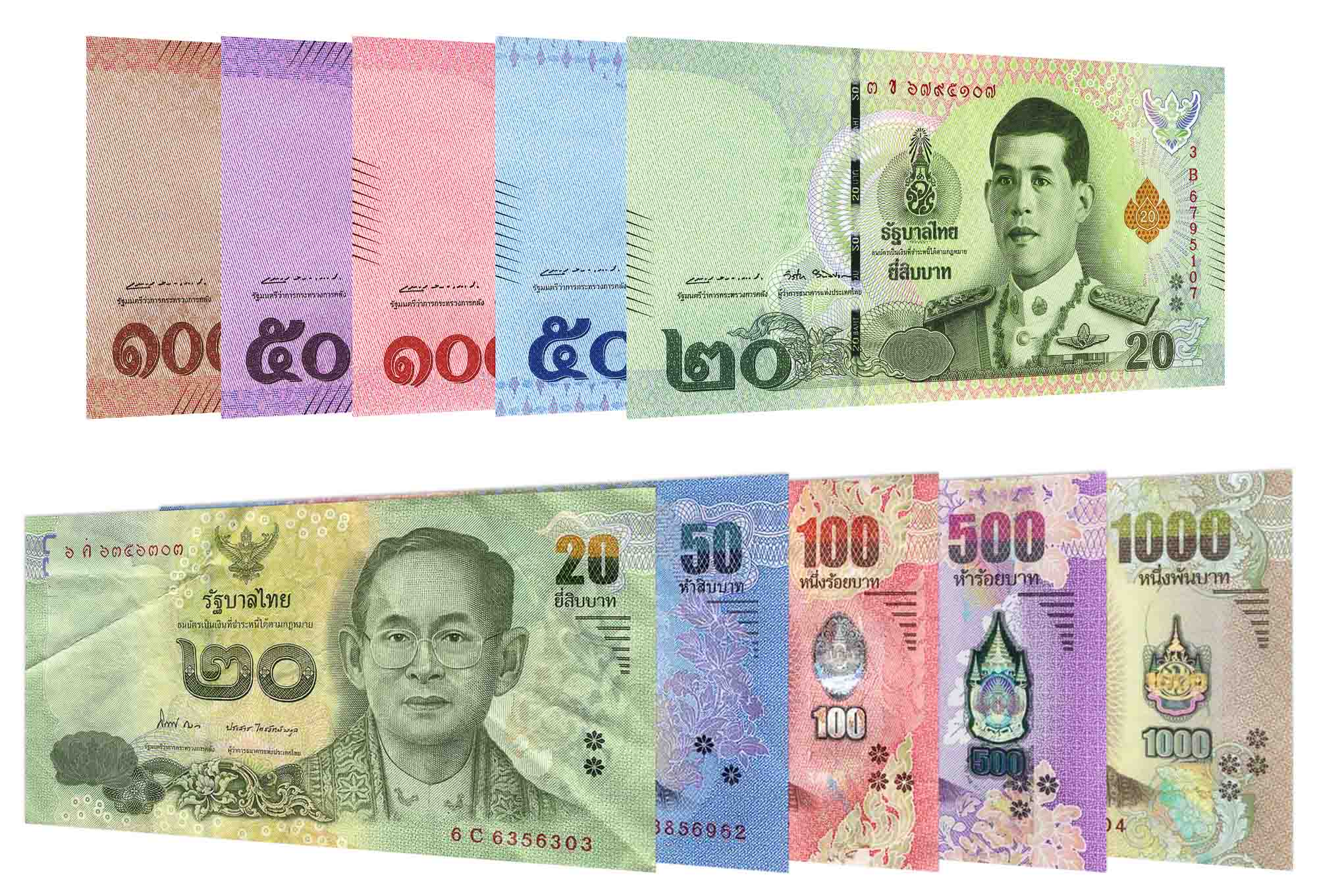
If you decide to exchange the money in your country, go to a bank in your region
4. Avoiding scams and tips for Thai currency
In Thailand, for a day travelling, it might cost you from 250 THB to 300 THB. This is the cost for basic needs, including water, meal and some other necessary facilities. For other things, like parties, games, shopping, spa, games,... of course, you will have to prepare more money.
Here are some useful guides relating to Thai currency you might need:
● If you can, book tours in Thailand or book trains in advance. Of course, find a reputable provider and you are suggested to get it from someone who has travelled to Thailand.
● There are many modern shopping malls, hotels, restaurants in Thailand that accept credit cards. However, if you are about to visit Thai markets or make a street food tour, it is needed to bring cash.
● Do not put your money in back pockets or anywhere that you cannot control to avoid pickpockets. To better protect your money and valuable properties, put them in a small bag and wear it in front instead of in your back.
● Stepping on notes and coins as well as sitting on the notes having the king’s face is considered highly offensive. As you are in Thailand, do as the Thai do.
● Never deface or throw away any currency note
● Tipping is not compulsory so don’t force yourself to do so if your budget is not that generous or if you do not like the services. If you want to tip the staff, the tip ranging from 5 to 20 THB is fine.
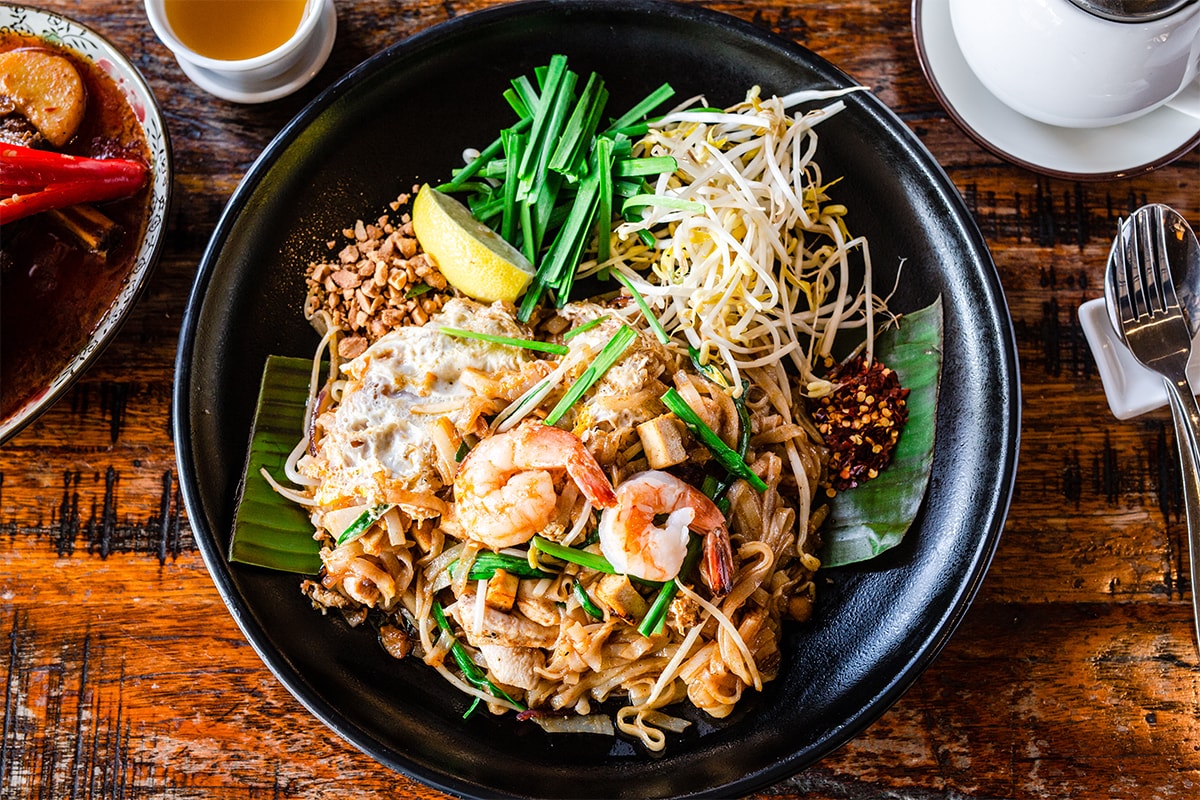
Costs in Thailand are not too expensive
Don’t let currency be a barrier preventing you from exploring and travelling to this beautiful country. Learning some basics about Thai Baht as we have mentioned above is enough for vacationing.
Hang Moon
Image sources: Internet
